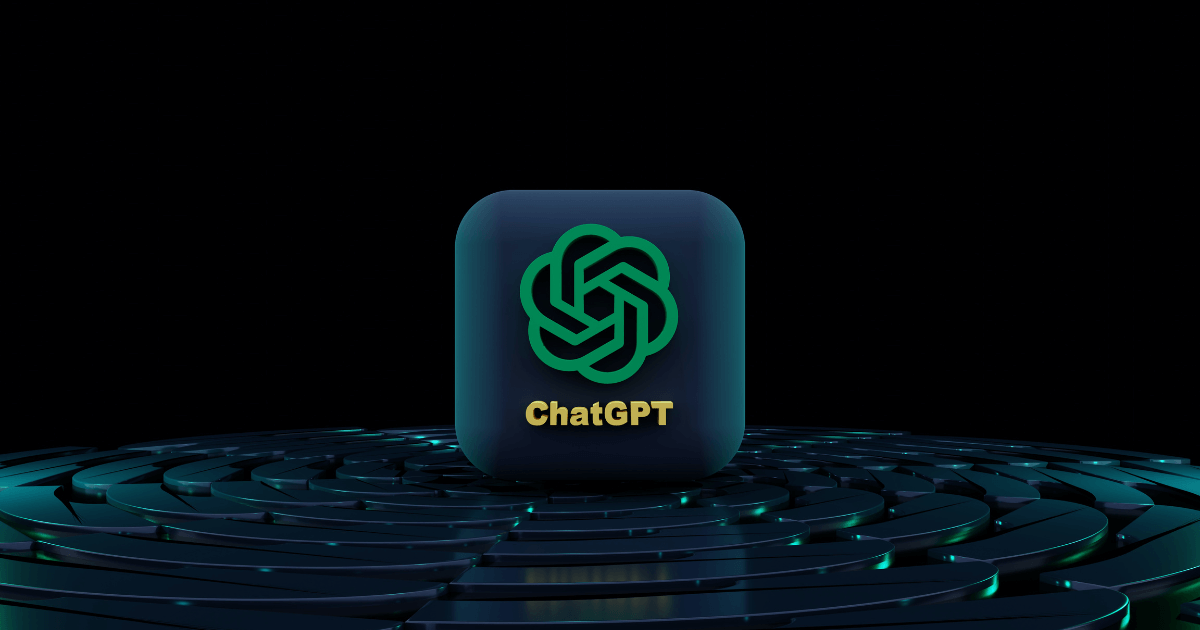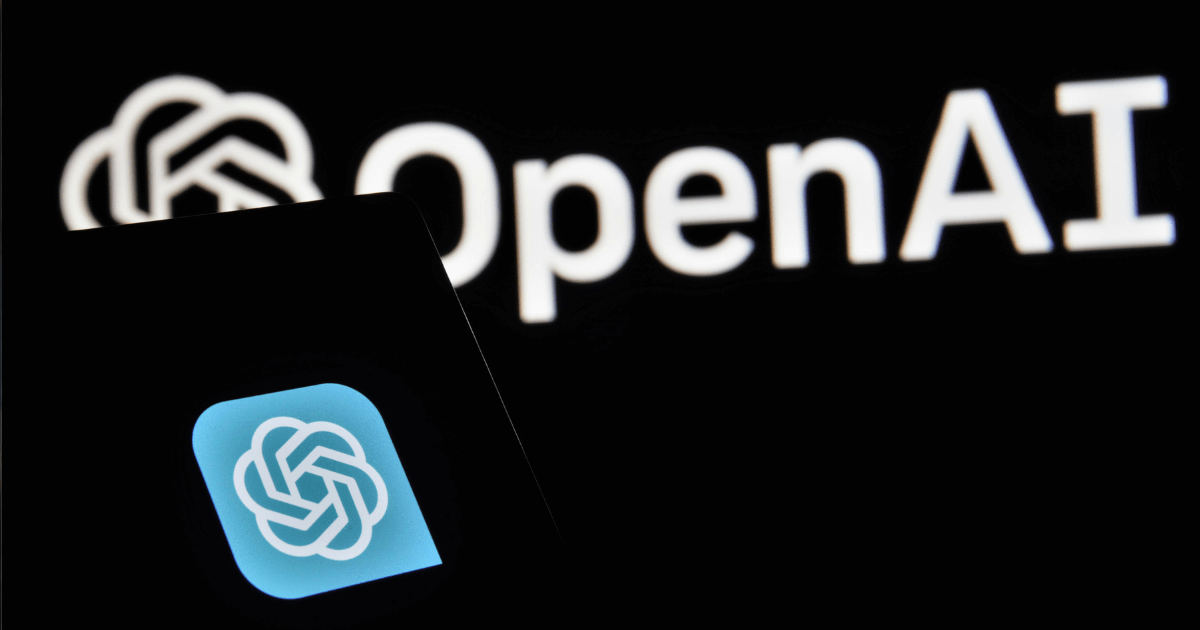This article is based on Marina’s talk at our CMO Summit New York in March 2023.
Delving into the world of AI for marketing and e-commerce content creation is an adventure in innovation and efficiency. I've witnessed firsthand the transformative power of AI when applied thoughtfully to content strategies.
I'm Marina Petrova, CEO of Intentful. My journey in the realm of AI is extensive and rich with experience. Intentful proudly stands as one of the pioneer enterprises to harness generative AI for commercial clientele, a venture we embarked on in the summer of 2021. The landscape of AI is ever-evolving, and we've been at the forefront, navigating the waves of change.
Our philosophy is simple yet profound: AI is merely a tool. It's this principle that shapes our methodology, which is a tapestry woven from our expertise, data insights, AI capabilities, and a keen eye on performance and engagement metrics.
In this article, I'm going to share insights from my practical experience with AI in marketing and e-commerce content creation, showcasing how AI can serve as a powerful tool to augment human creativity and efficiency. We'll explore real-world applications, the importance of data-driven content, and how to integrate AI into your content strategy for personalized, relevant, and impactful communication.

Understanding generative AI
Generative AI is the crux of modern content creation, and it's essential to grasp its capabilities and limitations to leverage it effectively in marketing and e-commerce. At its core, generative AI produces new outputs from the data it's been trained on. The potential it unlocks for marketers is vast, but it's equally important to acknowledge its boundaries.
Consider the large language model, a giant tree with innumerable branches, each signifying a connection the AI has made during its training. The more branches, or parameters, it has, the more proficient it becomes. These models, like the well-known ChatGPT, operate on a staggering 175 billion parameters, demonstrating the scale at which they function.
One fundamental concept to remember is encapsulated in the 'P' of GPT - 'Pre-trained'. This means that the AI's knowledge is static, cut off at the point of its last training update, which, for GPT-4, was in September 2021. Thus, its knowledge post that date is non-existent. Despite this, its capabilities remain extensive.
How AI generates content
How does generative AI know what content to create? It's straightforward: we instruct it. For instance, if we ask it to list the top 10 things to do in New York City, it employs an algorithm that predicts the next word based on its vast array of parameters. It's not tapping into real-time data but rather drawing from its vast well of pre-trained information.
What happens when there's scant data within its training set? That's when AI 'hallucinates', creating content by predicting the next logical word, despite the information being fabricated.
An amusing instance occurred when we asked GPT-3 to write about a December 2021 production of "A Christmas Carol". It concocted a futuristic rendition featuring a cyborg Scrooge - a creative twist, yet not aligned with the producers' reality. It's a vivid illustration of AI's predictive prowess, albeit with a dash of imagination when data is scarce.
Integrating AI with your brand
The notion that AI's creative liberties equate to its impracticality in professional settings is a misconception. In reality, the opportunity to harness AI's vast training - including those 175 billion parameters - is a boon for brands. You can indeed teach AI about your brand's unique voice, style, facts, and even your historical data.
Imagine an AI that doesn't just understand physics and history but is also well-versed in the intricacies of your brand and the nuanced data that drives your business decisions. This is not just a possibility but a scalable reality, one that can remember and process more than any team of humans could hope to. And unlike the foundational models fixed in time, your bespoke AI platform can be continuously updated with the latest insights and information.
At Intentful, we envision a future where every company wields its own AI platform - tailored to its needs but not designed to supplant human creativity. Instead, these platforms are built to augment human effort, enabling the creation of more relevant content swiftly and cost-effectively. The synergies between humans and AI yield the best outcomes, although I wish we had more time to dive into that topic.
The beauty of this personalized AI lies in its flexibility; it becomes a conduit for your data insights. It's as simple as plugging in your data into the AI platform and letting it transform that data into content that resonates with your audience across multiple use cases and languages. This is the transformative potential of AI in the realm of content creation, offering time and cost efficiencies previously unattainable.
Navigating the diverse ecosystem of AI providers is essential for understanding how each can serve different needs. The bedrock of many current applications is the pre-trained model, such as GPT, which offers a foundational level of knowledge.

Categories of AI services
For simplicity, we can classify AI providers into three broad categories, although the field is much more nuanced:
- ChatGPT: A conversational marvel, this GPT model is adept at dialogue. While it doesn't know your specific brand or product, it's a robust tool for engaging in intelligent conversation.
- SaaS models for freelancers: These services have done a commendable job in democratizing AI, making it accessible to freelancers worldwide. Essentially, these are user-friendly interfaces layered over GPT models, catering to those who might not be equipped to interact with the raw AI directly.
- Custom AI solutions: This is where companies like Intentful come into play. We don't just use a pre-trained model; we fine-tune it. By infusing the AI with brand-specific knowledge, use cases, and data insights, we tailor the content it generates to be not only relevant but also deeply aligned with the brand's voice and objectives.
Custom AI in action
While I can't reveal client-specific models, I can share a thrilling project we undertook.
An Oxford professor tasked us with creating a fine-tuned model trained on the literary works of Shakespeare, Churchill, Austen, and Wilde for a debate at the Oxford Union. The topic? Whether AI is the future of content.
In this scenario, the AI, armed with the writings of these icons, took part in a debate, pitting 'AI impersonated' literary figures against humans. It was a blend of entertainment and insight, showcasing AI's potential in content creation.
How did we achieve this? By uploading copyright-free texts and instructing the AI on the debate's parameters - arguing for and against the motion. The result was an AI that could channel the essence of Shakespeare and Churchill in a debate setting. It's a clear testament to the potential for customizing AI, despite the complexities that can arise in the process.
The stark reality of search and content
Let's pivot to discuss the realm of search - a space dominated by staggering statistics that underscore the challenging landscape of digital content. It's a sobering reality: a whopping 91% of published pages never receive organic traffic from Google. This means that a vast majority of content crafted with care and effort languishes unseen in the vast expanse of the internet.
On the flip side of this is the nature of search queries. An incredible 95% of searches on Google fall into the category of 'long tail' keywords - these are the specific, often multi-word queries that reflect the diverse and nuanced questions people have. While no content creator aims to produce work targeting a mere 10 searches a month, one can't afford to overlook the sheer volume of customers represented by these long-tail searches.
This dichotomy points to a critical shift: the need for content that's not just plentiful, but relevant. The old ways of creating content that doesn't resonate with audience interests are becoming obsolete. Brands must evolve their strategies to produce content that truly speaks to their audience's needs and queries.
There's been much speculation about whether Google would penalize AI-generated content. However, Google has clarified their position: the quality and relevance of content are what matter, regardless of how it's produced. So, the integration of AI in content creation is not just inevitable, it's already the next phase in the evolution of discovery, brand marketing, and content creation
I must emphasize, though, AI isn't here to replace humans. It's a formidable tool designed to assist and enhance our capabilities, allowing us to craft content that's both efficient and impactful. Its role is to support us in navigating the intricate and ever-expanding digital landscape.
The versatility of AI in content use cases
Content creation is merely the tip of the iceberg when it comes to the applications of AI. The productivity gains are evident, but there's so much more to it. Compliance and legal fields, particularly in stringent sectors like pharmaceuticals, can benefit from AI's meticulous nature.
Knowledge transfer is another aspect where AI shines - imagine not having to train every junior copywriter on the latest updates in Google's algorithms. AI can retain and apply this knowledge, streamlining the content creation process.
The use cases are diverse and extend across various domains:
- Marketing: Crafting strategies and materials that resonate with audiences.
- E-commerce: Generating unique product descriptions that are crucial for standing out on Google and other retail platforms.
- Customer support: Providing timely and accurate responses to customer inquiries.
- Knowledge management: Organizing and retrieving vast amounts of information efficiently.
AI's adaptability means it's not limited to these fields; it's applicable wherever there's a need for tailored content.
In e-commerce, uniqueness is key, especially for product descriptions. Replicated content doesn't fare well with search engines or retail platforms. AI's ability to transform a simple list of features into an engaging product narrative is nothing short of magical.
Reflecting on my experience with a performing arts client post-COVID, the numbers speak volumes. We're not just bouncing back - we're surging ahead with a continual traffic increase, attributable to the volume of relevant content powered by AI, which now comprises nearly half of the client's published material.
In the B2B sector, the story is similar: significant traffic growth coupled with substantial cost savings. AI has accelerated the content production process by fivefold, even for clients typically slow to approve new content.
Consider the online travel industry, fiercely competitive and demanding of precision and innovation. I've seen firsthand an online travel agency achieve first-page ranking for some of the most competitive search terms on the internet. AI hasn't just contributed to this success - it's been pivotal.
AI's role in content creation is transformative and transcends industries. It facilitates speed, relevance, and efficiency, driving significant growth and savings. It's an exciting time to explore AI's potential, which appears limitless.

Starting your AI journey
Where to begin with AI in your company? From my own hands-on experience advising brands and companies, I always say: Start small. Every company's journey with AI will be unique.
First, clarify your goals. It's vital to remember that tools like ChatGPT aren't familiar with your brand specifics. If you neglect this, the risk of alienating your audience with inaccuracies or fabricated information is real. Analyze your content needs thoroughly - know what content you need and where you want it to make an impact.
There are two primary routes you can take:
- Turnkey AI content creation: Similar to hiring a copywriter or freelancer, except the work is done by an AI-assisted solution, offering time and cost efficiencies.
- Custom AI platform: This is what I advocate for as a forward-looking strategy. Building an AI platform that's tailored to your brand and use cases isn't as daunting as it sounds. It's not just another piece of software to onboard; it's a gateway to amplified productivity that is both swift and cost-effective.
In our internal operations, even with a stringent three-tier QA process involving human oversight, the efficiency gains from AI have been nothing short of remarkable. The results speak for themselves, and we're continuously refining these processes for even better outcomes.
AI enables a data-driven approach, merging your data insights with a trained model to produce content that's highly relevant and targeted. This method eradicates subjective guesswork, aligning closely with your audience's interests and your brand's communication goals.
Finally, a critical element for larger organizations is education. It's common to have AI enthusiasts within a company, but broader understanding is necessary for widespread adoption. Conducting workshops on AI innovation and content creation across departments - marketing, procurement, e-commerce, and data insights - can be instrumental in demystifying AI and fostering an informed approach to getting started.
AI-generated content marketing plan: A case study
I'd like to walk you through a real-life example of how AI can be instrumental in creating content for a brand. Imagine we're crafting a content marketing plan specifically tailored for LinkedIn's training solutions, targeting marketing professionals.
Here's how I direct the AI: I inform it that we're focusing on LinkedIn's training solutions aimed at marketing professionals. It's crucial to be precise so the AI understands the context.
Then, I pose the task to the AI: "Create a content marketing plan for LinkedIn training solutions for every day in May." To avoid any futuristic 'Cyber Scrooge' scenarios, we're not specifying a year.
In moments, AI presents a content marketing plan. For instance, it might suggest sharing a blog post about the significance of employer branding in attracting top talent or a video testimonial from a happy LinkedIn Talent Solutions client. It could even propose conducting a poll about the key factors in a successful hiring process. The ideas come rapidly, and while they're typically insightful, they're just a starting point.
Of course, any AI-generated content requires human review to ensure alignment with your brand strategy. You might need to refine the language or tweak the focus to match your specific goals. In the prompt to AI, you can include strategic elements you want to emphasize, like encouraging subscriptions.
This demonstration uses an untrained model, which means it's not fine-tuned to a particular brand's voice or strategy. Yet, it still manages to generate a framework that - with a human's strategic oversight - can evolve into a compelling content marketing plan.
Q&A
Can you elaborate on how AI complements human creativity in content creation?
Let's stick with the LinkedIn scenario to illustrate this. LinkedIn's team crafts a strategy for their Talent Solutions based on data analysis and human insights. This human-devised strategy forms the foundation. Once it's in place, the team can articulate this strategy to AI, much like the content plan example I provided earlier.
The AI then takes this strategy and generates content proposals - this is the human-plus-AI collaboration. Of course, human oversight is crucial here. We must review the AI's output to ensure it aligns with the strategy and maintains relevance. Without human involvement, relying solely on AI at this stage would likely lead to ineffective results.
So, while AI can add immense value, it's the human touch that guides it and ensures the final content meets our objectives and standards.
At the next CMO Summit New York, on March 19th, we're going to continue digging into the world of AI and its impact on marketing. Don't miss the opportunity to discuss the topic with some of the biggest names in marketing.



 Follow us on LinkedIn
Follow us on LinkedIn




